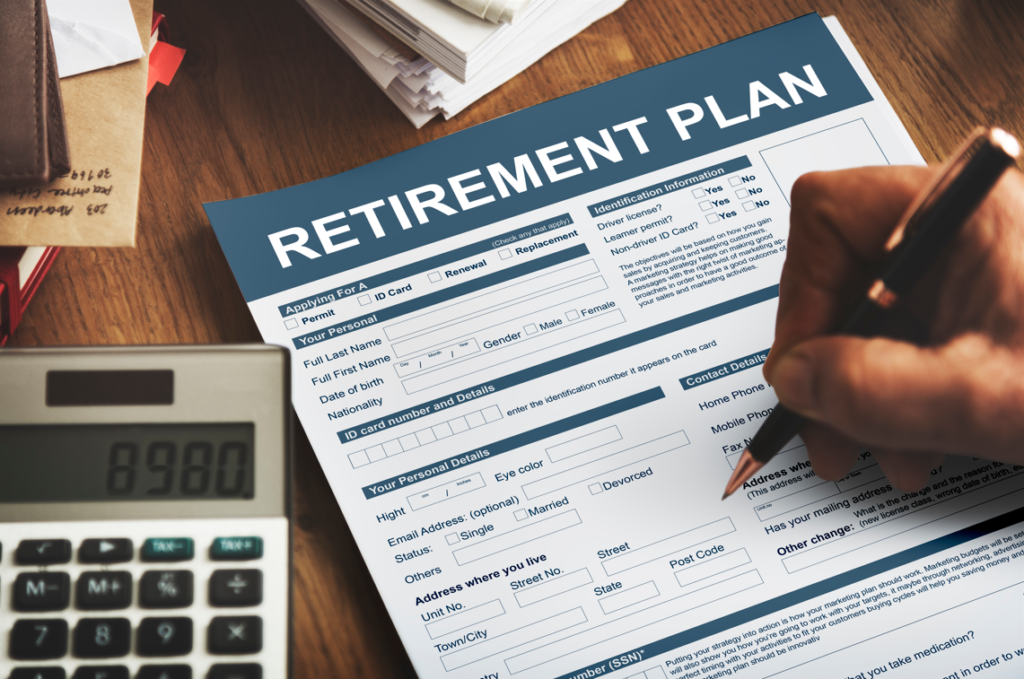How confident are you about your future retirement?
Do you think you’ll have enough money to achieve the retirement lifestyle you imagine?
And, importantly, what steps are you taking if any, or have you already taken, to help ensure you do?
They’re all key questions, and it’s evident from major retirement research that Vanguard has undertaken that Australians with the highest confidence about their future retirement tend to take the most purposeful action to prepare.
This may include accessing financial advice, having a detailed plan, and making regular extra contributions to their superannuation.
These are some of the key findings of Vanguard’s inaugural How Australia Retires study, which follows a survey of more than 1,800 working and retired Australians aged 18 years and older.
The aim of the study was to better understand the way Australians across different age groups feel towards their retirement, how they prepare for their retirement, and the role that superannuation plays in that preparation.
Among other things, we found that people with the lowest confidence about their retirement tend to be the least actively prepared.
Often they have never accessed financial advice and have little understanding of how they can achieve their retirement goals. They also expect to be more reliant on the government’s Age Pension after they retire than those with higher retirement confidence.
Preparation and planning
Interestingly, our research has found that having high retirement confidence is not dependent on age or income, but rather on having a plan.
More than half (52%) of the people we surveyed who presented themselves as being highly confident about their retirement readiness feel that they know what they need to do to achieve the retirement outcome they desire and are optimistic about this phase of their life.
They are relatively likely to use budgets and prioritise their savings.

On the other hand, most Australians surveyed who presented as having low confidence about their retirement readiness do not have a plan and feel the most unprepared.
They do not tend to make regular additional super contributions and are generally less optimistic and more likely to feel disinterested, anxious or worried about this later phase of life.
Among the Australians surveyed who are generally older and who have typically taken less action to prepare, only 27% feel optimistic about retirement and just 23% feel very confident.
Many are concerned about not having enough income in their retirement and are uncertain about the actions they could take to achieve the retirement they envision.

Superannuation and other investments
The
How Australia Retires study also found that 50% of working-age Australians (those who did not identify as retired) consider super an important component of their retirement plan but expect to rely on it less than existing retirees.
As part of this, more than half of working-age Australians (54%) estimate that their super balance constitutes 50% or less of their total investment balance.
In addition, 1 in 4 working-age Australians highlight investment property as a key part of their retirement plan, with financial assets and their home making up the balance of their investments. By contrast, only 1 in 10 retired Australians cite investment property as an asset.
Lack of super engagement
Despite it still being an important component of total retirement assets, relatively few Australians engage with their super.
In fact, 1 in 4 working-age Australians are unsure about their current superannuation balance, and 1 in 2 are unsure what they pay in super fees.
In addition, 50% of working-age Australians have either not made contact with their superannuation fund in the last 12 months or have never made contact at all.
For retirees, this scenario is even more common, with almost 3 in 4 having not made contact in the last six months.
“An opportunity, and perhaps a need, therefore exists for the superannuation industry on the whole to improve member engagement, to simplify fee structures, and to support stronger retirement outcomes,” Vanguard Australia’s Managing Director, Daniel Shrimski, says.







